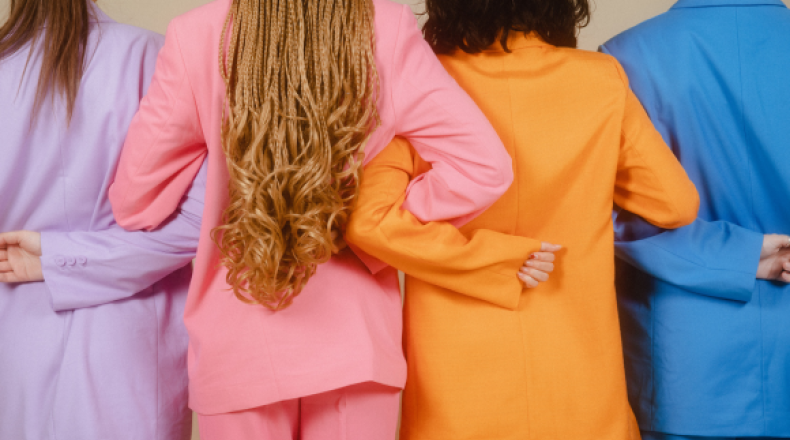Mike’s Monday Message Takeover: Women’s Equality Day: Building on a Legacy of Female Philanthropy

Today, August 26, is recognized in the United States as Women’s Equality Day, in honor of the date that the Nineteenth Amendment, giving women the right to vote, was certified.
Even before women gained suffrage, however, they’d been using other means to make an impact, notably through fundraising and philanthropy.
Today’s female philanthropists such as Melinda French Gates and MacKenzie Scott are not a new phenomenon. Their generosity is a continuation of a long-standing tradition of female participation in this sector, however, their engagement has often been overlooked, particularly for female donors of color, and left out of the larger narrative of philanthropy.
As our society changes, and social justice movements gain momentum, we are now collectively working to rewrite that narrative and give voices to the past, current, and future donors that may not have fit the mold of what a “philanthropist” would have looked like in the early 20th century.
Take Madam C.J. Walker; though she died in 1919 — a year before the 19th amendment was ratified — Walker is an example, not only of female generosity, but of the long-standing culture of philanthropy that is so deeply rooted in African American communities.
Walker became a millionaire creating and marketing a line of hair care and cosmetic products specifically for Black women. She was able to reinvest this money directly into initiatives to support the African American community through donations to organizations such as the NAACP and Booker T. Washington's Tuskegee Institute, as well as local social services-focused organizations such as orphanages and the YMCA. In addition to the giving she did during her lifetime, Walker bequeathed two-thirds of future net profits to charity as well, further solidifying her legacy of community impact.
As the influence of female donors grew, so too did the influence of female fundraisers. In the early 1900’s, Marie “Missy” Meloney was breaking down barriers as a journalist, using her extensive connections to secure high-profile interviews, beyond the traditional scope of the era’s female reporters, who were typically relegated to “sob sister” stories — sentimental or advice-focused pieces. In 1921, Meloney interviewed Nobel Prize winning scientist, Marie Curie. Despite discovering radium several years prior, her work had now hit significant roadblocks due to the current price of the element, $100,000 per gram ($1.3 million in today’s dollars). Struck by Curie’s need, Meloney used her platform as a journalist to send out a mass appeal for funds to her fellow women, on behalf of another trailblazing female. Housewives were enlisted to go door to door asking for donations as well, and soon the money started pouring in. She raised $156,413 ($2 million today), which was used to secure radium for Curie to continue her work.
These women were operating in a world much different than ours today, yet you can probably see yourself and your work in their stories, and the stories of countless other women like them, who have been making an impact throughout the last one hundred years.
We’ve come a long way since the 19th amendment was ratified, but the journey for female-identifying philanthropists and fundraisers is by no means over. We’re still facing a 21.2% pay gap, according to the most recent AFP Compensation and Benefits Report and the prevalence of sexual harassment remains a major concern.
AFP’s Women’s Impact Initiative is working to combat these issues through research like the reports above, as well as programs that uplift and inspire female leadership growth, such as the AFP/Alford Group Women’s Impact Initiative Mentor Program.
This Women’s Equality Day, you can help by sharing AFP’s research on these topics, raising awareness about the gender equity challenges our sector still faces. You can also get involved by joining us for an affinity group meeting, such as our working moms group, which will be meeting on September 12. You can also become a mentor, either through AFP when applications open in January, or simply by engaging a member of your team or chapter.
It is up to us to uplift one another and build a profession that welcomes and champions the achievements and aspirations of our female-identifying members.




